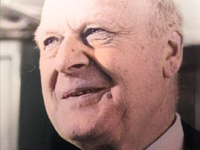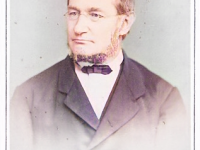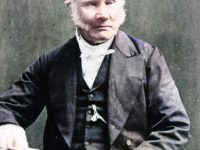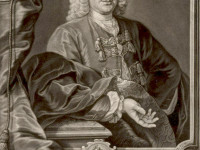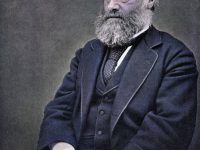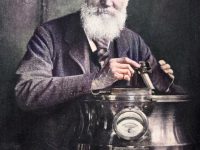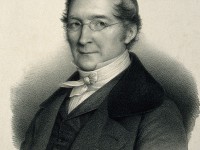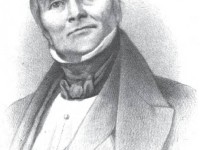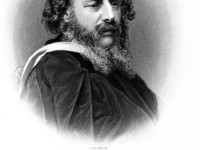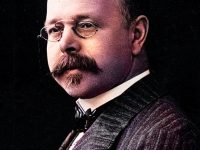Lars Onsager and Irreversible Chemical Processes
On November 27, 1903, Norwegian-born American physical chemist and theoretical physicist Lars Onsager was born. The development of a general theory of irreversible chemical processes gained him the 1968 Nobel Prize for Chemistry. These Onsager reciprocal relations have importance in a wide range of applications. Education Lars Onsager was born in Kristiania (today’s Oslo), Norway, to Erling Onsager, a Barrister of the Supreme Court of Norway, and Ingrid, née Kirkeby. After completing…
Read more

